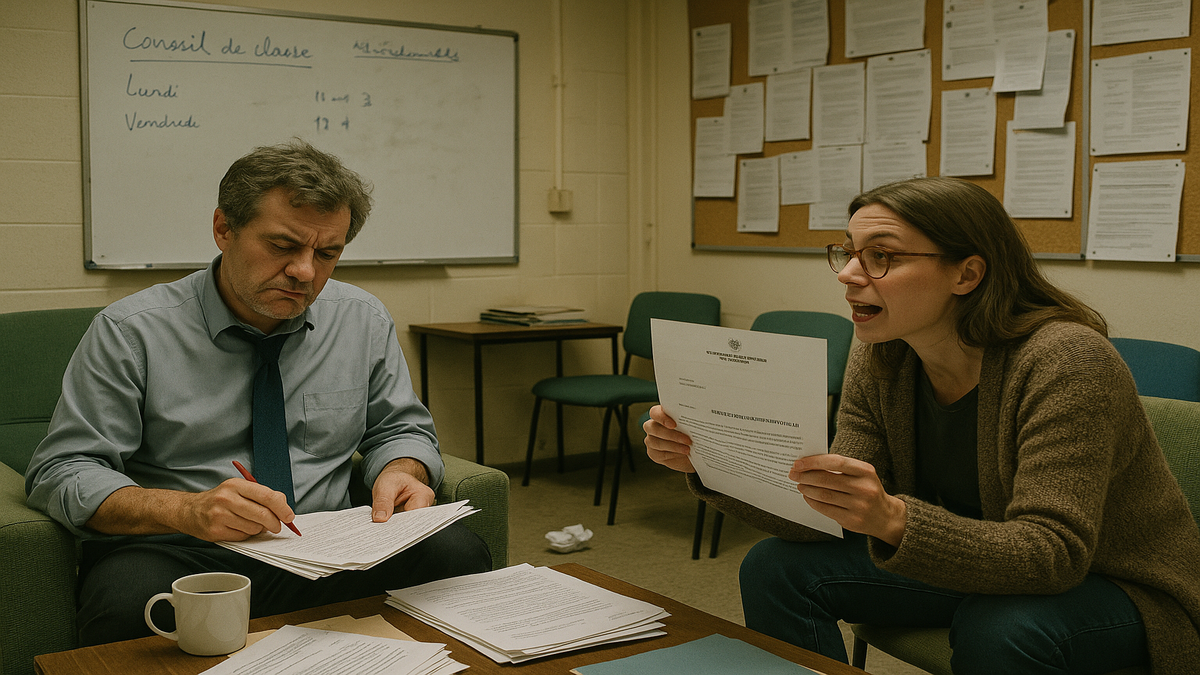Born in the affluent Parisian suburb of Clamart, Gabriel Attal has managed to navigate the political landscape of France with precision, timing, and communication mastery. His name is now engraved in the Fifth Republic’s history books—not merely for his age, but for redefining what youth means in a position of power.
A fast ascent through the political ranks
Attal’s trajectory began within the academic rigor of Sciences Po and the law halls of Paris II Panthéon-Assas. In 2017, he was elected to the French National Assembly at just 28 years old, riding the wave of support surrounding Emmanuel Macron’s newly formed centrist party, Renaissance.
By 2018, he was appointed Secretary of State to the Minister of National Education, then Jean-Michel Blanquer. It marked him as the youngest member of government since the beginning of the Fifth Republic—a symbolic move by Macron’s team aiming to show generational change in action. His early work focused on youth policies, including the controversial experimental launch of the Service National Universel, a civic program deploying teenagers into community roles. (gouvernement.fr)
From national education to national headlines
In July 2023, Attal was appointed Minister of National Education and Youth. This move was strategic: placing a high-profile communicator at the helm of one of France’s most watched institutions.
Actions that drew attention—and applause or outrage
- Ban on abayas: Attal made headlines in late 2023 by extending France’s laïcité policy to ban the abaya in public schools. The move sparked debates over secularism and discrimination but was firmly defended by the ministry as aligning with French Republic principles.
- Partnership with Brigitte Macron: A surprisingly effective alliance emerged with the First Lady, who holds a former career as a literature teacher. Together, they pushed pilot education reform programs and teacher training objectives. ([source: politico.eu])
“He speaks the language of the young, but his policies echo De Gaulle,” said Chantal Merle, a high school headmistress based near Lyon. “Love him or not, he injects clarity. We haven’t seen that in this ministry for ages.”
Attal also faced backlash. Critics highlighted the contradiction between his policies and his own personal background—educated in elite private schools in Paris’s 6th arrondissement. Although he never hid this fact, opponents questioned his legitimacy to reform public education, given his lack of direct experience with it.
Prime Minister: a nine-month sprint at the helm
In January 2024, amid cabinet reshuffling and political fatigue, Macron appointed Attal as Prime Minister. At 34, he became the youngest head of government in the Fifth Republic. His sexual orientation was publicly acknowledged during this period—making him the first openly gay Prime Minister in France.
His term, cut short in September 2024, was marked by adversarial legislative sessions, inflation management challenges, and strained negotiations with teachers’ unions. While supporters saw him as a symbol of renewal, adversaries labeled him ‘style over substance.’ He exited Matignon with mixed reviews.
| Position | Start Date | Key Initiative |
|---|---|---|
| Secretary of State (Education) | October 2018 | Launch of Service National Universel |
| Minister of Education | July 2023 | Abaya ban, partnership with Brigitte Macron |
| Prime Minister | January 2024 | Inflation response, pension dialogue deadlock |
After Matignon: positioning for 2027?
Despite a brief term as Prime Minister, Attal has successfully secured his place in the political landscape. With no immediate role in Macron’s current government, speculation around a potential presidential run in 2027 is gaining traction. The timing of such a move, given his age and media presence, is viewed as plausible among Renaissance strategists.
The simple.wikipedia.org profile on Gabriel Attal places heavy emphasis on his communication skills and modern image, characteristics often questioned in aging political parties.
What are Gabriel Attal’s key achievements as Education Minister?
His primary acts include the ban on religious garments such as the abaya in schools, a renewed emphasis on French language proficiency, and extensive teacher recruitment campaigns. He also took a strong stance on simplifying administrative burdens on schools.
How did Gabriel Attal’s background influence his political career?
Coming from private schooling and a privileged family, Attal’s elite academic path likely shaped his focus on republican rigor and institutional order. Critics and admirers agree: he projects authority nonchalantly. [source: rfi.fr]
What challenges did Gabriel Attal face during his tenure as Prime Minister?
He grappled with legislative gridlock, strikes over teacher pensions, and weak economic growth. Managing expectations as the youngest PM compounded tensions with older members of parliament and unions. His response to inflation was considered reactive rather than strategic.
How did Gabriel Attal’s appointment as Prime Minister impact his political party?
It galvanized younger voters and urban centrists, but also exposed internal rivalries in Renaissance. Older party figures questioned Macron’s gamble, and the short-lived term served as both a visibility boost and a pressure test.
What are the main policies Gabriel Attal implemented in the education sector?
Beyond the abaya ban, Attal expanded civic education programs, restructured standardized testing, and supported digital tools in the classroom. His administration also tried—unsuccessfully—to reform high school grading systems to combat grade inflation.



